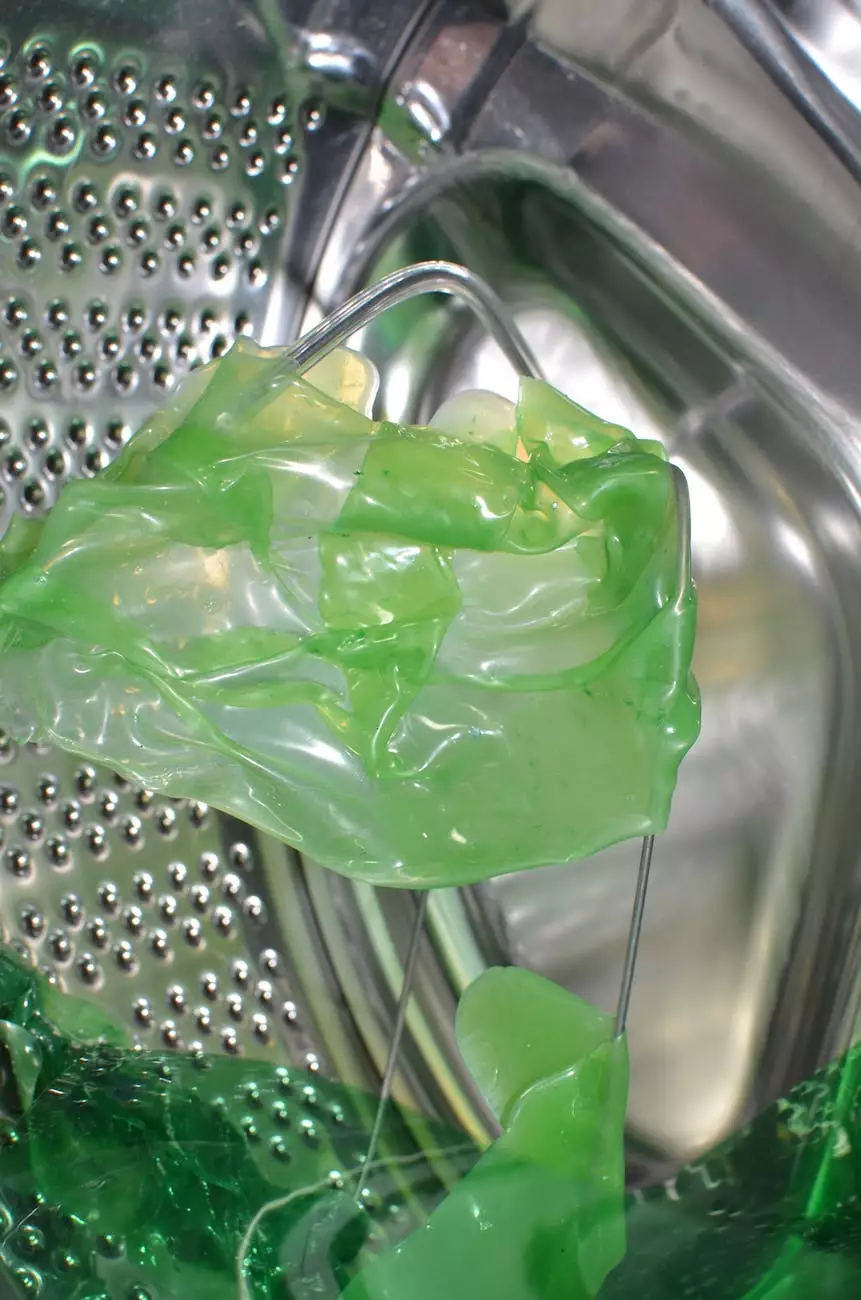Does Nicotine Affect Plastic Surgery?

Introduction
Welcome to Foley James D MD, your trusted source for comprehensive information on plastic surgery and its various aspects. In this article, we will address the question - Does nicotine affect plastic surgery? We understand the importance of thorough research before undergoing any surgical procedure, and we are here to provide you with detailed insights into the potential effects of nicotine on plastic surgery outcomes.
Understanding Plastic Surgery
Plastic surgery encompasses a range of procedures designed to enhance physical appearance, correct deformities, or improve functionality. Whether you are considering a facelift, breast augmentation, rhinoplasty, or any other procedure, it is vital to prioritize your health and well-being throughout the process.
The Relationship Between Nicotine and Plastic Surgery
Nicotine is a highly addictive substance found in tobacco products, including cigarettes, cigars, and chewing tobacco. It is known to have various effects on the body, and some of these can potentially impact the outcome of plastic surgery procedures.
Delayed Healing and Increased Complication Risks
One significant concern when it comes to nicotine and plastic surgery is the potential for delayed wound healing and increased risks of complications. Nicotine restricts blood flow by constricting blood vessels, which can hinder the delivery of oxygen and nutrients to healing tissues. This inadequate blood supply can lead to delayed wound healing, increased risk of infection, and poor scar formation.
Wound Breakdown
In addition to delayed healing, nicotine use has been associated with an increased risk of wound breakdown. The chemicals present in nicotine can affect collagen production, a crucial component in wound healing. Insufficient collagen synthesis can weaken the wound closure, resulting in wound dehiscence or separation.
Impact on Circulation and Skin Quality
Smoking, which contains nicotine, has long been linked to poor circulation and decreased skin quality. The toxins in cigarettes can damage blood vessels, leading to vasoconstriction, reduced blood flow, and compromised tissue oxygenation. This compromised circulation can negatively impact the healing process and overall surgical outcomes.
Preoperative Preparation and Smoking Cessation
In order to optimize your plastic surgery results, it is crucial to prioritize preoperative preparation and, if applicable, smoking cessation. Your plastic surgeon will guide you through the necessary steps to minimize the potential risks associated with nicotine use. Quitting smoking or using tobacco products prior to surgery can significantly improve healing, reduce complications, and enhance the overall outcome of the procedure.
Medical Evaluation and Guidance
Before undergoing any plastic surgery procedure, it is imperative to have a thorough medical evaluation. Your surgeon will assess your overall health, including your history of nicotine use. They will provide guidance and support, helping you understand the potential risks and benefits associated with your specific situation.
Nicotine Replacement Therapy (NRT)
If you are struggling to quit smoking or using tobacco products, your plastic surgeon may recommend nicotine replacement therapy (NRT). NRT involves the use of patches, gums, inhalers, or nasal sprays that deliver nicotine in a controlled manner without the harmful effects of smoking. This approach can help alleviate nicotine withdrawal symptoms while minimizing the impact on your surgical outcome.
Conclusion
At Foley James D MD, we believe in providing our patients with the knowledge necessary to make informed decisions about their plastic surgery journey. When it comes to nicotine and plastic surgery, it is essential to be aware of the potential risks and take appropriate measures to ensure optimal healing, reduced complications, and the best possible outcome. Remember, your plastic surgeon is your trusted partner throughout this process, guiding you towards achieving your desired results while prioritizing your overall health and well-being.









